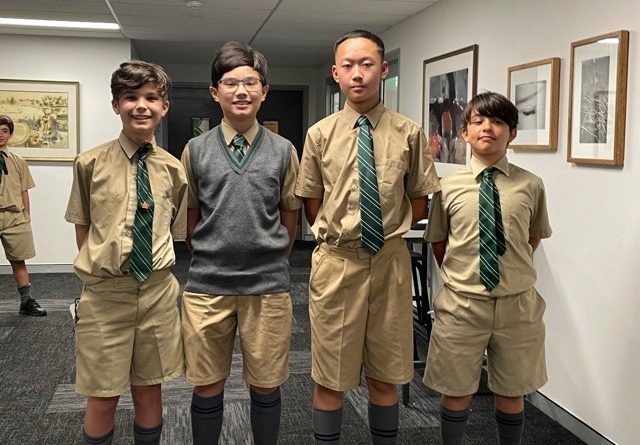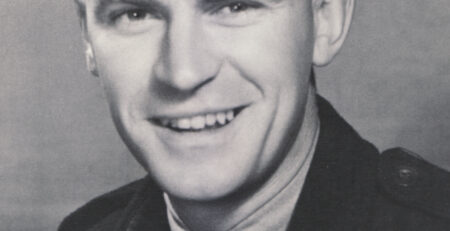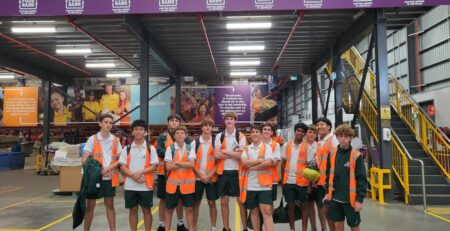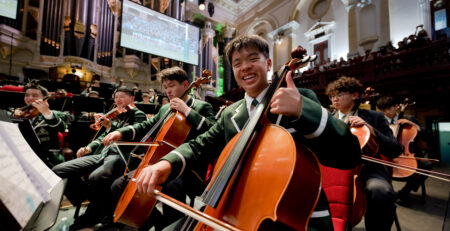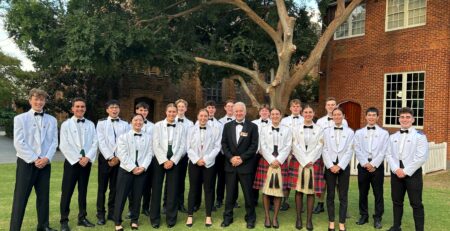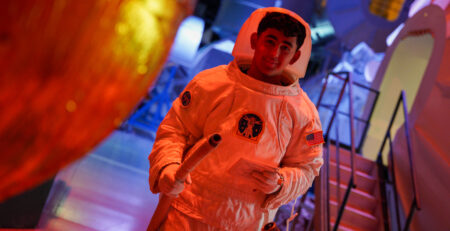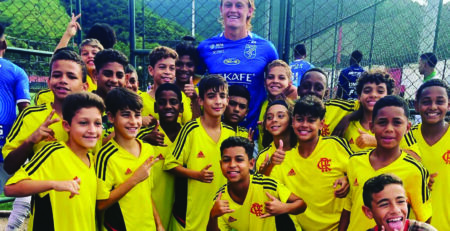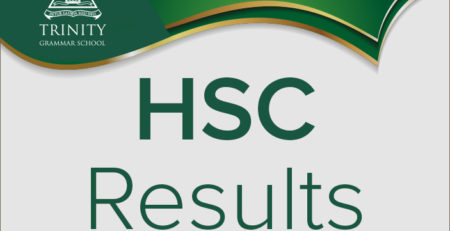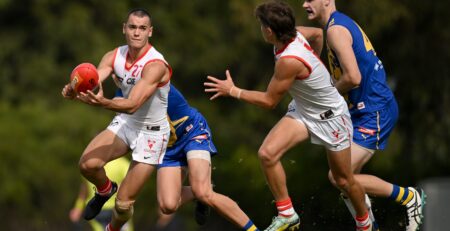Debating News | ISDA Quarter Final
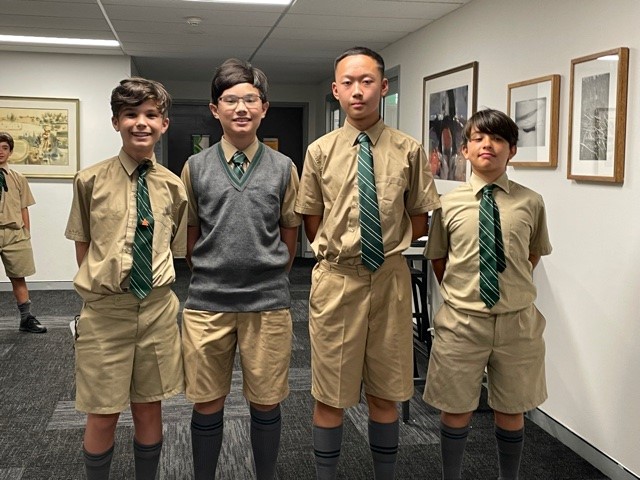
YEAR 7 ISDA report – Ravenswood v Trinity
We came into the debate nervous as we knew it was a big debate that would secure us a place in the Semi-Finals. After a week of rest, we were ready to start debating. We flipped a coin and came up as the negative team. A million thoughts rushed through our head as we pondered the topic, ‘That students who participate in extracurricular activities should be rewarded with days off school.’ We instantly knew that as the negative we were going to have to think of and execute a creative argument. We raced into the prep room to start preparing.
Our first speaker, O. Ang (7 WJ), started off by giving a great execution of the counter-model that we had thought of in our preparation time. Our counter model was that we would create a points-based system, like the ATAR, that measured a student’s level of effort and engagement in extracurricular activities. We then explained that our counter model would be a lot more effective than the opposition’s model as it would incentivise students to partake in extracurricular activities while not adopting the negatives of the opposition’s model. The opposition’s model was that we should reward students who do four hours of extracurricular activities with a day off school. We pointed out how this would reduce learning, which contradicts the purpose of extracurriculars, to increase learning. Our second speaker, B. De Lany (7 HI), then continued our case by comparing our counter-model’s practically with the oppositions model’s impracticality. He then explained how most of the time spent on the days off school would be spent wasting time, which would be counterproductive to the purpose of the topic. He then went onto a further analysis of the practical implications by explaining how under the opposition’s model there would be large issues as students would be at different points in their learning throughout the year. He then summed it up by concluding that this showed that our model was far more practical than the opposition’s model. Finally, our third speaker R. Qin (7Yo) summed up the team’s case by eloquently describing the key clashes in the debate. The main clashes were both principle and practical. He first started off by showing that our counter-model was clearly a more practical solution to the problem as it did not have large negative implications of learning and the school system in general. He showed how this would have a significant negative impact to the status-quo and be detrimental to the entire education system. He then showed how the opposition’s argument was flawed in principle as it did not give any long-term benefits. However, our counter-model could be submitted to universities and have a positive impact in the long-term by showing universities a welled rounded view of students. R. Coneliano (7 Fo) was also extremely helpful in preparation as our fourth speaker.
Following the conclusion of the debate we waited anxiously for five minutes about the outcome of the result. When the adjudicator announced we’d won we were all extremely relieved and happy. Overall, our team did an excellent job at preparing and executing our arguments which led us to success.

